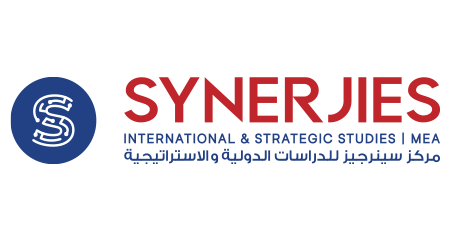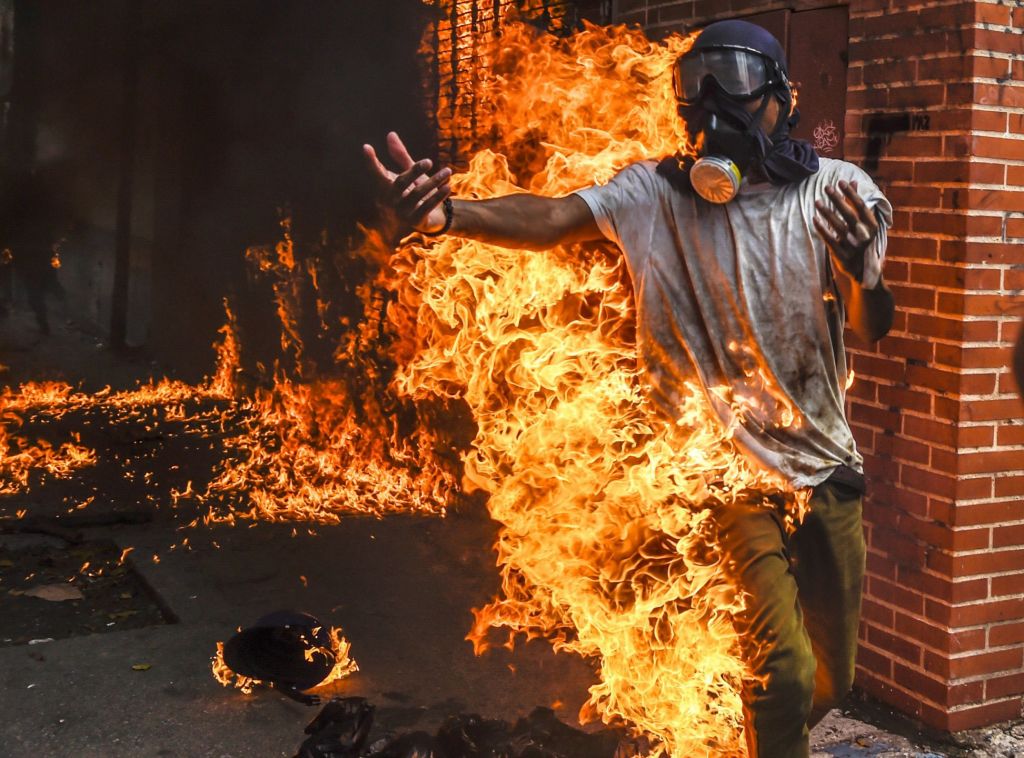Currently there are two statemen claiming to be the legitimate president of Venezuela, each with his distinctive arsenal of domestic as well as international support and recognition. On the one hand, there is the incumbent president Nicolás Maduro, clinging to power after a widely disputed presidential elections in 2018. He ruled since 2013 as the successor of his mentor president Hugo Chavez. In his ruling, Maduro champions the so-called “Chavismo” –political movement named after president Chávez. It’s based on an accentuated political tendency to the left and an uncompromising anti-American stance. Internationally, He has the support of Russia, China, turkey and regionally the neighboring Cuba. Russia and china lent his government billions of dollars in pre-paid oil deliveries, jointly helping to prop up the military and oil industry of the country. Domestically, he has proponents that are largely followers and admirers of “Chavismo”. They protest in large numbers to demonstrate their allegiance squarely buying his narrative that the unfolding crisis is co-opted by the US to erode Venezuela’s independence and affect a regime change to install a puppet government.while Maduro had always deployed the anti-imperialist narrative in this rift. He depicts Guado’s move as a coup backed by the US and an attempt to jeopardize and undermine the Venezuelan independence and sovereignty.
On the other, there is the opposition leader Juan Guaidó, the self-declared interim president whose call for Maduro to step down had mobilized many Venezuelans to protest in the streets of Caracas. He got the recognition of the US along with 50 other nations, among them is the UK, Canada and Germany. In his calls for Maduro to step down he framed his continued rule as usurpation. Guaido citing articles from the constitution that authorizes the president of the national assembly, himself, to take over when the presidency is vacant and since the elections was rigged, he framed his move as primarily motivated by a desire to protect the legitimacy of the Venezuelan regime and the sovereignty of the country. Putting its heavy weight behind Guaido, the US had persistently attempted to overthrow Maduro through on the one hand, imposing sanctions on the oil industry that makes 90% of the exports, forcing international isolation on the current government and freezing the government assets to channel the revenues to Guaido’s nascent parallel government.
Amid this complicated power game, the military, a very important number in the power equation, remains loyal to the Maduro. However, the overall situation is increasingly becoming shaky as Guaido is offering the army a very attractive carrot, amnesty. Preparing for any hostile move from the army, Maduro had called on his proponents of the civilians to carry arms to protect Venezuela. This civilian militia is 2 million and is to rise to 3 million upon the call of Maduro for more one million to get on board. The president praised the civilian militia for its readiness to “defend, with arms in hand, (the) peace, sovereignty, territorial integrity and independence and the life of our homeland.
Another move Maduro took to strengthen his position was to order his cabinet staffed by his loyalists to freeze the assets of Guaido and recently to lift his immunity from prosecution making him vulnerable to arrest. His moves when interpreted alongside the recent decision of Russia to send two bombers to Venezuela, could point in the direction of Maduro enhanced power grip. However, this interpretation wouldn’t stand the test if the recent American announcement are factored in. Among these announcements are Trump’s ‘Russia has to get out of Venezuela’ and that ‘all options are on the table’ when asked about the possibility of a military intervention. The situation is very fluid. It’s very not cautious to put the bets on any of the two rivals. The development of situation largely dependent on the government capability to withstand the American pressure and the length Russia is prepared to go to in backing Maduro.
It’s a classic power struggle between two rival political players forging outside of the border’s alliances. However, in the Venezuelan case the price tag is very high. With an already fragile economic situation, the current instability had brought about a full-blown humanitarian crisis.Venezuela, home to the world’s largest proven oil reserves,is at the sending end of a mass exodus of people fleeing unbearable humanitarian situation with scarcity of food, medicine and water as well as frequent power cuts. According to the UN humanitarian chief Mark Lowcock “an estimated seven million people were in dire need of humanitarian assistance”. In fact, more than 3 million had fled these conditions over the past few years to neighboring Colombia, Ecuador or Peru.
Currently, Venezuela’s economy is an outlier that the IMF publishes a separate indicator for Venezuela in its Latin America analysis. Hyper-inflation and the insane currency de-valuation had pushed Venezuelans to adopt two coping economic practices. First, they use bitcoin to store the value of their money because the national currency is becoming not more than a paper. While the value of the bitcoin is volatile, still they preferred over the bolivars. Perceiving storing value in bolivar as financial suicide is very plausible if, according to Bloomberg, the cost of a cup of coffee rose by 373,233% over 12 months to be 2,800 bolivars.Second, they use barter widely in their struggle to meet basic needs.
The outlook is that a negotiated political settlement that brings all sides to the table to negotiate is the way out of this polarized standoff. However, the two patrons, US and Russia want their men. Russia wants Maduro even if he is ruling a wasteland and the US wants Guaido even if this costed a protracted crisis.


